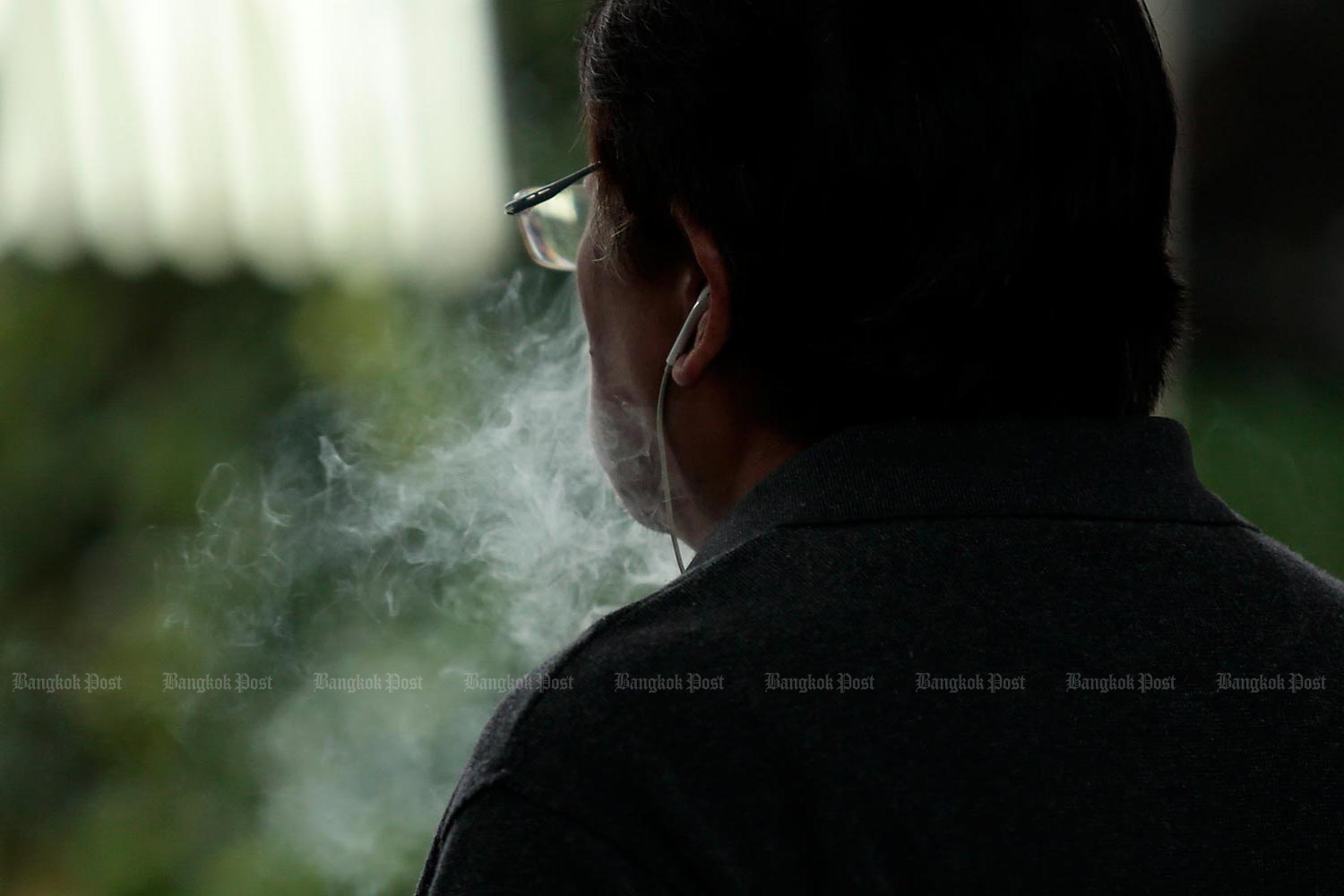Academics have been criticizing Thailand’s tiered tax system for cigarettes, urging the government to switch to a single excise tax rate as recommended by the World Health Organization (WHO). Critics argue that the current system has failed to reduce the number of illicit cigarettes, boost state revenue, or prevent new smokers.
The Current Tax System
The Excise Department is considering a new tax structure for cigarettes. At present, a two-tier system applies to excise duties levied on cigarettes. This comprises a 25% tax on cigarette packs with a retail price of up to 72 baht to ease the burden on low-income earners, and 42% for packs priced higher than 72 baht. In addition to this, a 1.25 baht per-cigarette tax is applied to all packs, regardless of their retail price. This means that one pack is hit with a tax of 25 baht, as there are 20 cigarettes per pack.
Dr. Roengrudee Patanavanich, an academic at Mahidol University’s Faculty of Medicine, has spoken out against the current system. She stated that cigarette tax revenue declined from 64.2 billion baht in 2021 to 51.24 billion baht last year – the lowest in 15 years. This decline began when the single excise tax rate was replaced by the two-tiered tax system in 2017, according to Dr. Roengrudee.
The WHO’s Recommendation
The World Health Organization (WHO) presented an analysis of the cigarette tax between 2018 and 2019 to the Excise Department. The WHO suggested that Thailand should adopt a single tax rate of 40% and impose an additional tax of 1.25 baht per-cigarette. This recommendation was based on research showing that tiered tax rates would not boost Tobacco Authority of Thailand (TAOT) revenue, but instead increase foreign cigarette companies’ market share.
Dr. Roengrudee cited the WHO’s analysis, stating that imposing tiered tax rates will lead consumers to turn to cheaper cigarettes. She warned that this would result in a higher number of illicit cigarettes being sold on the black market, as well as an increased smoking rate among young people. The WHO also pointed out that other countries are shifting towards a single tax rate in line with the WHO Framework Convention on Tobacco Control.
Implications for Public Health
Dr. Prakit Vathesatogkit, executive secretary of the Action on Smoking and Health Foundation, has spoken out against the TAOT’s proposal to change to a three-tiered tax structure. He stated that this would be a retrograde step, as it would make cigarettes cheaper and more accessible to consumers. Dr. Prakit warned that cheaper prices will prompt more people to smoke, particularly among young people.
Dr. Roengrudee emphasized the importance of addressing the root causes of tobacco use, rather than just imposing new taxes. She stated that the government must tighten controls on illicit cigarettes instead of reducing taxes or using multiple-tiered tax systems. Dr. Prakit also highlighted the need for stricter regulations to prevent the sale and distribution of illicit cigarettes.
Conclusion
The tiered tax system for cigarettes in Thailand has been criticized by academics, who argue that it has failed to reduce the number of illicit cigarettes, boost state revenue, or prevent new smokers. The WHO has recommended a single tax rate of 40% and an additional tax of 1.25 baht per-cigarette. In order to protect public health and address the root causes of tobacco use, the government must consider implementing the WHO’s recommendations and tightening controls on illicit cigarettes. By doing so, Thailand can take a step towards reducing the number of smokers and promoting a healthier society.

